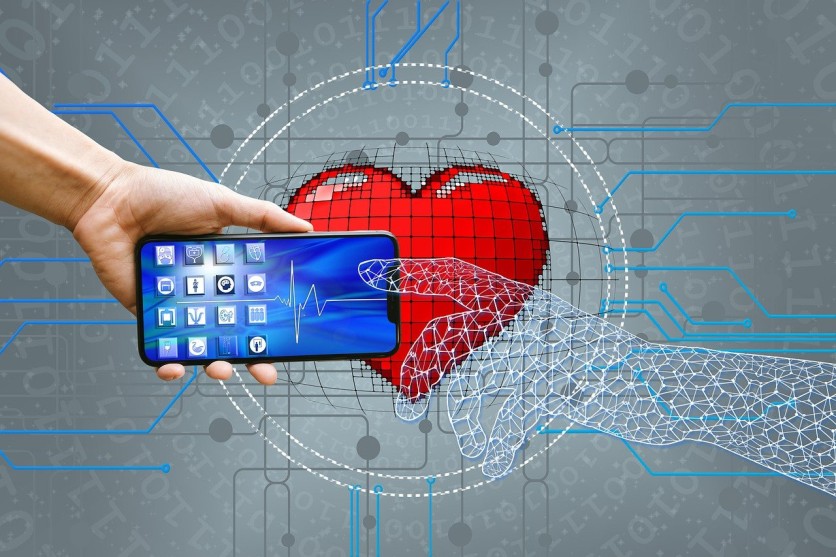MIT and the MIT-IBM Watson AI Lab have reportedly created a new and powerful machine-learning accelerator chip to boost data safeguards for various health-monitoring apps like health trackers, fitness apps, and other AI-powered devices.
Strong fitness-tracking features provided by health-monitoring apps assist users in managing long-term illnesses and wellness objectives.
These apps depend on machine learning models to work properly, which include a lot of data exchange and continuous contact between the phone and a central server.

(Photo: Gerd Altmann from Pixabay)
Because of this continuous communication process, these apps slow down and consume a device's battery. As a result, machine-learning accelerators-specialized hardware that accelerates the process-are frequently used by engineers.
These accelerators, however, leave devices vulnerable to hacking, which increases the risk of data theft for these apps, as hackers can pilfer private financial and health information.
Researchers at MIT and the MIT-IBM Watson AI Lab developed a machine-learning accelerator immune to the two most prevalent kinds of attacks to lessen this susceptibility.
Their chip allows large AI models to function effectively on devices while maintaining the privacy of a user's medical records, financial information, or other sensitive data.
Read Also: UnitedHealth Confirms Recent Cyber Breach Resulted in "Substantial" Amount of Stolen Health Data
Security Over Costs
The group created several optimizations that allow robust security with very little device slowdown. Furthermore, the extra security does not affect computation accuracy.
Demanding artificial intelligence applications, such as autonomous driving or augmented and virtual reality, may benefit most from this machine-learning accelerator.
According to lead author Maitreyi Ashok, while including the chip would make a gadget marginally more costly and less energy-efficient, there are situations when the trade-off between security and affordability is justified.
To test their device, the researchers attempted to collect sensitive data through side-channel and bus-probing assaults. Despite their millions of attempts, they could not reconstruct any real information or extract any useful data from the dataset or model.
Healthcare Cybersecurity
The release of the new chip coincides with reports that cybercriminals have determined that the healthcare sector is lucrative and simple to target. Weak security posture and strong operational restoration demands make payment more likely.
Axel Wirth, a chief security expert at MedCrypt, reportedly believes that the cybersecurity environment in the healthcare industry is not as advanced as in other sectors.
According to a poll conducted by cloud-based application security firm Indusface, over half of health and social care organizations have experienced cyberattacks. Only four other industries reported more cyberattack incidents: education, the arts and entertainment, lodging and food, and real estate.
The patterns of cyberattacks in the medical field are noteworthy. According to a Department of Health and Human Services report from 2022 on healthcare cybersecurity, data breaches increased steadily between 2012 and 2021.
Furthermore, between 2020 and 2021, the average ransomware demand increased by 45%. To put this in context, the highest ransom in 2021 was $240 million, compared to $30 million in 2020.
Related Article: Research Reveals Widespread Data Privacy Concerns in Most Pet Care Tech

(Photo: Tech Times)




